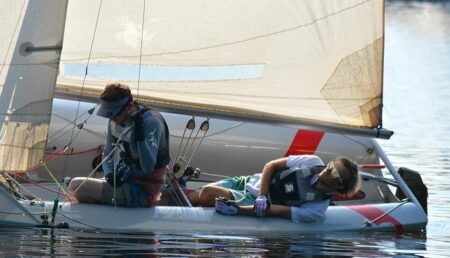How Mauritius Can Support Middle East Efforts in africa: A Strategic Partnership
As the dynamics of global diplomacy evolve, the Middle east is increasingly recognizing Africa as a vital partner in its pursuit of economic diversification, stability, and lasting progress.In this context, Mauritius stands out as a pivotal player, offering a unique blend of strategic location, robust governance, and a stable investment climate. Situated in the Indian Ocean, Mauritius serves as a gateway for Middle Eastern nations seeking to strengthen their ties with the African continent. this article delves into the multifaceted ways in which mauritius can bolster the Middle East’s endeavors in Africa, focusing on economic collaboration, cultural exchange, and shared strategic interests. By leveraging its strengths and fostering partnerships, Mauritius not only enhances its own economic growth but also positions itself as a crucial ally in the broader regional integration efforts of the Middle East across Africa.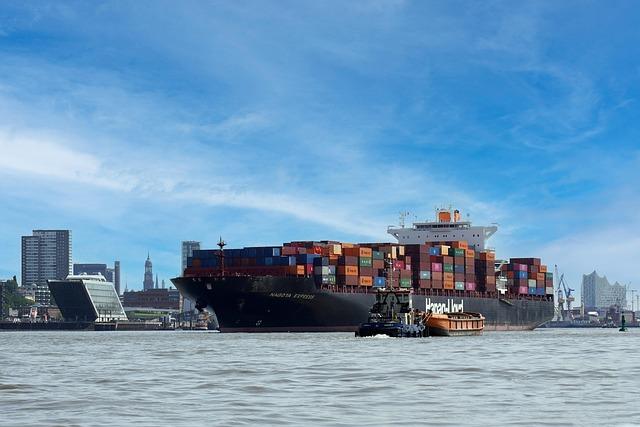
Strategic Partnerships: Leveraging Mauritius as a Gateway for middle Eastern Investments in Africa
Mauritius has emerged as a pivotal crossroad for international investments, especially for stakeholders in the Middle East looking to tap into the vast African market. This island nation boasts a robust regulatory framework, a favorable tax environment, and a strategically advantageous location.Investors can benefit from Mauritius’s extensive network of double taxation avoidance agreements (DTAAs) with various African nations which facilitate smoother cross-border transactions. The proximity to both African markets and Middle Eastern financial hubs positions Mauritius as an ideal base for venture capital, private equity, and other investment flows aimed at burgeoning sectors on the continent such as technology, renewable energy, and infrastructure development.
Fostering strategic partnerships between Middle Eastern investors and Mauritius can create a win-win scenario. By leveraging local expertise and connections, these collaborations can unlock unique opportunities across multiple sectors, including agriculture, tourism, and healthcare. Furthermore, the Mauritian government’s commitment to enhancing its business ecosystem can provide a stable environment for collaborative projects. A potential framework for these partnerships may include:
- Joint Ventures: Shared risk and resources in emerging markets.
- knowledge Sharing: Transfer of technology and business practices.
- Networking events: Regular forums to connect Middle Eastern and african business leaders.
| Sector | Potential Gains | Mauritius’s Role |
|---|---|---|
| Agriculture | Increased food security; export opportunities | Agri-tech innovations and training programs |
| Renewable Energy | Infrastructure development; job creation | partnerships in solar and wind energy |
| Tourism | Diverse tourism offerings; cultural exchange | Marketing and regional collaborations |
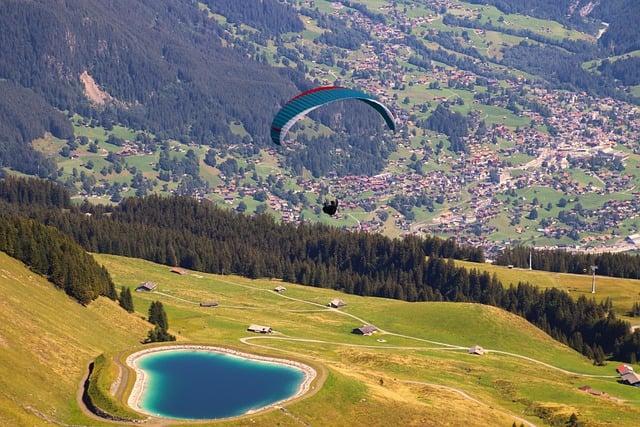
Sustainable Development Initiatives: Collaborating on Climate Action and Environmental Preservation
As Mauritius positions itself as a strategic partner in the Middle East’s efforts to promote sustainability across Africa, there are several key areas where collaborative action can create impact. one of the most promising avenues is through the establishment of partnerships focused on renewable energy projects. Solar power initiatives can be notably effective, leveraging mauritius’ abundance of sunlight to provide clean energy not only for local communities but also for neighboring regions.Additionally, cooperative water management projects could address pressing water scarcity issues, ensuring that both the Middle east and African nations benefit from shared resources.
Efforts to enhance biodiversity conservation through joint research projects and funds can strengthen the ecological resilience of both regions. Collaborative actions could include:
- Joint ecotourism initiatives: promoting sustainable tourism that respects and preserves local cultures and natural habitats.
- Shared agricultural practices: Implementing climate-smart agriculture to improve food security while reducing environmental impact.
- Awareness campaigns: Educating communities on climate change and the importance of biodiversity through regional outreach programs.
| Initiative | Potential Impact | Collaborators |
|---|---|---|
| Renewable Energy Projects | Reduce carbon footprint | Mauritius, Middle Eastern Investors |
| Water Management Systems | Enhance water security | Government Agencies, ngos |
| Biodiversity Conservation | Protect ecosystems | Research Institutions, Local Communities |

Cultural Diplomacy: Enhancing People-to-People Connections Between Mauritius and the Middle East
The cultural ties between Mauritius and the Middle East can serve as a vital tool for fostering mutual understanding and cooperation. By promoting artistic exchange programs, culinary festivals, and educational initiatives, both regions can harness the power of culture to build meaningful relationships. For instance, organizing joint art exhibitions that feature local artists from Mauritius alongside their Middle Eastern counterparts can create a platform for dialog and collaboration, showcasing the rich heritage and innovative spirit of both cultures. Moreover,culinary festivals that highlight the diverse cuisines of Mauritius and the Middle East could not only celebrate their unique flavors but also offer a space for culinary professionals and enthusiasts to engage,learn,and share their culinary arts.
Additionally, establishing partnerships between Mauritius and Middle Eastern universities could encourage the exchange of students and scholars, enriching both educational landscapes. These collaborations could revolve around scholarship programs, joint research projects, and cultural immersion experiences. Here, the following focal areas can be particularly impactful:
- Language Exchange Programs: Facilitating language classes to promote proficiency in Arabic and Creole can enhance communication and cultural appreciation.
- Performance Arts Festivals: Hosting festivals that feature traditional music and dance from both regions can foster a sense of community and shared heritage.
- Ecotourism Collaborations: Joint ventures to promote ecotourism can benefit both regions by exchanging knowledge on sustainable practices.
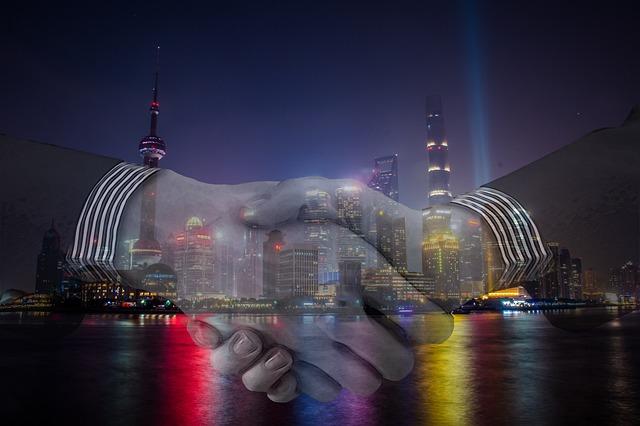
trade Facilitation: Streamlining Economic Cooperation Through Enhanced Logistics and Infrastructure
In the context of strengthening economic ties between the Middle East and Africa,Mauritius emerges as a pivotal player,leveraging its strategic location in the indian Ocean to enhance trade facilitation. By investing in robust logistics and infrastructure, Mauritius can serve as a vital gateway for Middle Eastern partnerships aiming to deepen their presence in African markets. This entails the development of comprehensive transport networks, state-of-the-art port facilities, and streamlined customs processes that collectively reduce barriers to trade.
Moreover, Mauritius can adopt best practices in logistics management that prioritize efficiency and sustainability, which are increasingly critically important to modern trade dynamics. By fostering collaborative ventures with Middle Eastern nations, Mauritius can create synergy that not only enhances the movement of goods but also promotes knowledge exchange in areas such as technology and supply chain management. Efforts can be focused on:
- Upgrading port and Airport Infrastructure: To handle increased trade volume.
- Facilitating Trade Agreements: To simplify procedures and minimize tariffs.
- Embracing Digital Solutions: For faster customs clearance and better tracking systems.
| Key Areas of Focus | Potential Benefits |
|---|---|
| Logistics & Transportation | Increased trade flow efficiency |
| Technology integration | Enhanced transparency and tracking |
| Regulatory Harmonization | Reduced trade barriers |

Knowledge Exchange: fostering Educational Programs to Build Capacity and Expertise in Key Sectors
In recent years, Mauritius has increasingly emerged as a pivotal player in fostering educational programs aimed at enhancing capacity and expertise across various sectors in Africa. By leveraging its strategic location and bilingual workforce, Mauritius can support the Middle East in its efforts to develop sustainable initiatives in the African context. Collaborative educational exchanges can facilitate knowledge transfer, enabling professionals in sectors such as agriculture, technology, and healthcare to gain valuable insights. Key areas of focus should include:
- Vocational Training: Establishing programs tailored to equip local populations with practical skills.
- Digital Literacy: Promoting technology-driven training to bridge the digital divide.
- agricultural Innovation: Sharing best practices and sustainable farming techniques.
To further implement these educational initiatives, a synergy between Mauritius and Middle Eastern countries can be achieved through structured partnerships, workshops, and discourse on best practices. This collaboration can also facilitate the growth of sectors critical to both regional economies. For example, a potential framework for collaboration might include:
| Sector | Potential Partnerships | Proposed Initiatives |
|---|---|---|
| Agriculture | NGOs, Universities | Research Collaboratives |
| Technology | Tech Firms, startups | Mentorship Programs |
| Healthcare | Health Organizations | Training Workshops |
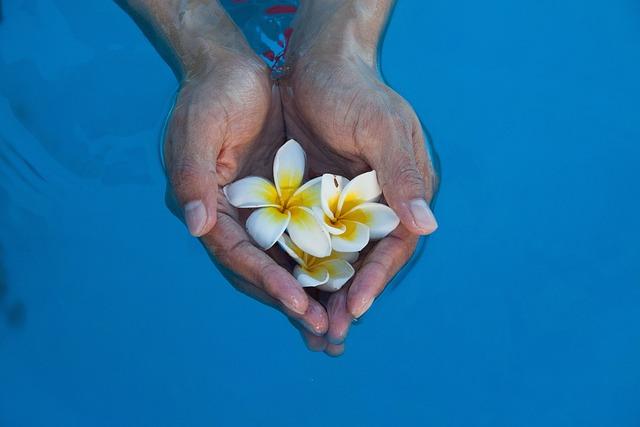
Geopolitical Stability: Strengthening Regional Security through Collaborative Efforts and Policy Alignment
As regional tensions fluctuate and new challenges arise, collaborative efforts toward geopolitical stability have become invaluable in shaping a secure future.Mauritius, positioned strategically as a bridge between Africa and the Middle East, holds the potential to facilitate diplomatic dialogues and shared security frameworks. By leveraging its unique geographical advantage,Mauritius can play a critical role in fostering partnerships that prioritize mutual interests,thereby strengthening the groundwork for a unified approach to regional conflicts. Key areas for collaboration could focus on:
- Intelligence Sharing: Enhancing facts exchange regarding security threats.
- Joint Military Training: Conducting exercises to build capacity and interoperability among regional forces.
- Counter-Terrorism Initiatives: Collaborating on strategies to mitigate the rise of extremism.
Furthermore, a strategic policy alignment that engages both African and Middle Eastern nations could streamline efforts to address the root causes of conflicts, such as poverty and political instability. Establishing forums for dialogue that include various stakeholders will not only foster understanding but also create actionable strategies to combat common threats. A potential framework could involve:
| Policy Area | Proposed Action |
|---|---|
| Economic Development | Investing in infrastructure projects that promote regional connectivity. |
| Cultural Exchange | Facilitating programs that enhance mutual understanding through education and arts. |
| Environmental Security | Collaborative initiatives to address climate change impacts affecting stability. |
Key Takeaways
Mauritius stands at a pivotal crossroad where its strategic geographical position, robust diplomatic relationships, and commitment to fostering regional cooperation can considerably bolster Middle Eastern initiatives across Africa. As the continent faces a myriad of challenges, from economic development to security threats, Mauritius has the potential to act as a linchpin for collaboration between Middle Eastern nations and African stakeholders. By leveraging its unique strengths, Mauritius can not only enhance its role on the continental stage but also contribute to sustainable growth and stability in Africa. As both regions navigate the complexities of a dynamic global landscape, fostering partnerships rooted in mutual interests and respect will be essential. The collaborative efforts between Mauritius and Middle Eastern countries could pave the way for a more integrated and resilient Africa, creating avenues for prosperity and peace.This budding synergy presents an possibility for transformative change, one that could redefine the narrative of international cooperation in the region.





